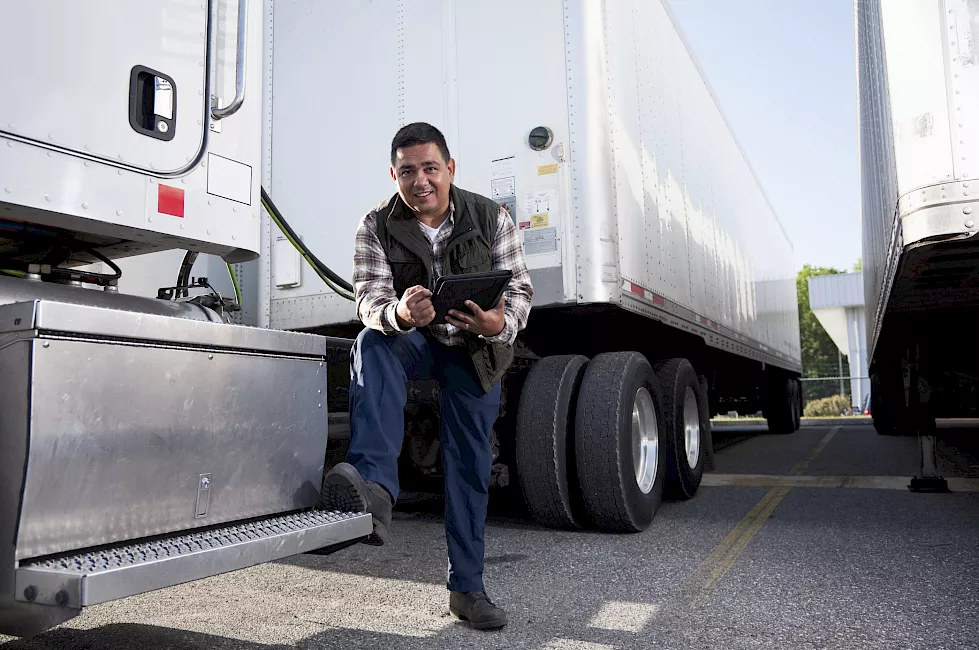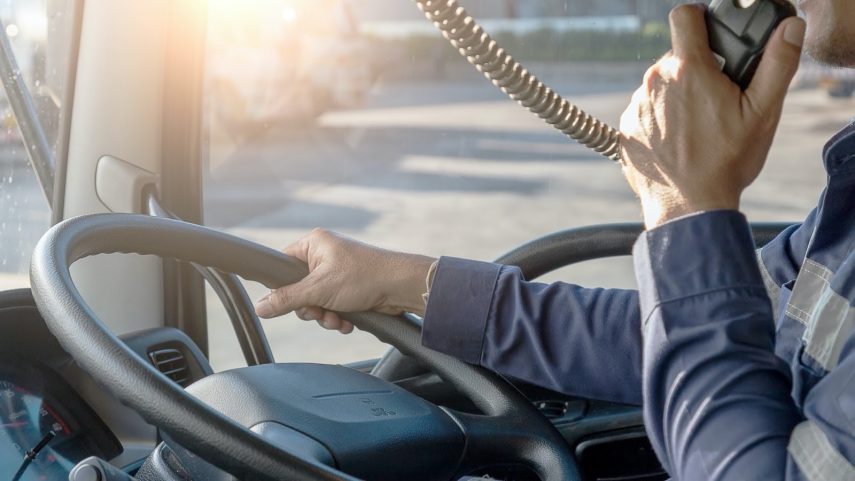Truck dispatchers have work with tons of responsibilities. They’re managers, consultants, problem-solvers, marketing managers, and logistics professionals at the same time. They handle a lot of paperwork, help drivers to find the safest and the shortest route as well as connect them to good clients with good loads. The dispatch office is basically the hub where all the logistics magic happens.
It doesn’t even matter what kind of trucking company you work for ‒ dispatchers come in handy even if you own a single truck and are an owner-operator yourself. Good dispatch services benefit both you and your customers: https://fleet.care/services/dispatch-services/.
As a driver, you will work a lot along with the dispatcher. And of course, just like with any other team, sometimes miscommunications happen and some issues arise. It’s OK, it’s even somewhat essential, but it’s always better when you’re prepared for this kind of thing.
Things truck drivers should know about working with dispatchers

Sometimes drivers feel like dispatchers do just too much and make their job worse. Well, here’s the thing: the dispatcher is only doing the job. The best thing is, of course, to communicate and solve any issues arising. However, if some problems seem unresolvable to both of you, calling an HR manager or your employer won’t hurt you both. And yes, the dispatcher is by no means your friend, but if you keep finding compromises to ensure an effective work process, you are definitely a good team that benefits your company.
To make things smoother in advance, it’s always better to meet your dispatcher in person if you can. This resolves the main problem: prejudice. See, if you only hear a person’s voice or see their texts, you might judge them only by these words and not by their effectiveness or personality. Most dispatchers that seem too strict reveal themselves to be normal guys or gals in person ‒ just doing their job as they’re instructed. And to sweeten this pill, dispatchers think the same about drivers ‒ when you meet in person, things get way easier because you’re both free of prejudice. This will impact your work relationship in the best way, allowing you to communicate easier.
Sometimes drivers make mistakes on a road, especially when the ride takes way too long. You can miss a turn, or choose an older route that was changed by your dispatcher later then. It’s OK ‒ we all make mistakes. What you really want to do in this case is to inform the dispatch office about your problem and let them handle it in the best way possible.
In some cases, the dispatcher might give you the route you wouldn’t agree to for whatever reason. That happens ‒ people just can’t read each other’s thoughts. Instead of turning it into an argument in the middle of the long route, just politely describe your situation to the dispatch office and ask them to find a compromise that will equally benefit you, your customers, and the company. All in all, problem-solving is one of the dispatcher’s skills.
How to manage dispatch errors

Sometimes weird things happen and you can face a clearly dispatcher’s error: a wrong route, a wrong customer’s phone number, etc. Just like you, the dispatcher can get stressed and overwhelmed, so mistakes happen. The best thing to do in this case is to face the problem and find the solution ‒ preferably, together.
First of all, don’t make it to the heated argument. Whatever it is, it doesn’t worth anyone’s time and effort. Instead, calmly address the issue and professionally discuss it. Also,.it never hurts to thank the truck dispatcher for an efficient route ‒ if you’re provided with one. Small things like that lower the heat of discussion. If things get complicated, you can always ask superiors for help. Every argument must be ended beneficiary to the company, at least because it’s your money at stake as well as the company’s reputation.
Another problem that might occur is when the sales team makes unreachable promises to the customer and lets you and the dispatcher handle it. The most common issue you can face in this context is “you have to be at point B by THAT time”. And it turns out, you physically cannot. You can explain it to the dispatch, and most of the time they will sympathize with you because they are aware of the route. But if the worst thing happens and the dispatcher demands you to be somewhere with an unrealistic ETA, it’s your best time to call a safety supervisor. This person from the dispatch office protects you from cases like that to ensure your safety while driving. This way, the safety supervisor is on your team.
It’s important to know you have someone to reach out to in the case of any problems down the road that can’t be solved with a dispatcher person.

Another common problem with dispatchers is tied to errors with customers’ data ‒ wrong number, wrong name, etc. The good news is that you can fix this problem really quickly if you ask the dispatcher to double-check the data. If anything, they can double-check it with the call-center or managers to make sure you get the right contact data.
Whatever the problem arises, always remember that dispatchers are only humans, just like you. Some can be overwhelmed on busy days and make minor mistakes, some might be pressured into impossible terms by the sales team. Some are just there to deliver not that pleasant information from customers. Whatever that is, any problem can be solved in a calm and respectful way.
Related Posts:
- 6 Most Fascinating Facts About Formula 1 Drivers 2024
- 3 Biggest Problems Professional Crypto Traders Have in 2024
- Some Benefits, Problems of Aircon and Tips on How to…
- 5 Ways Integrative Psychiatry Can Help You With Your…
- Tesla's Approach to Self-Driving Cars Could Cause…
- How to Fix Digital TV Reception Problems in 2024







